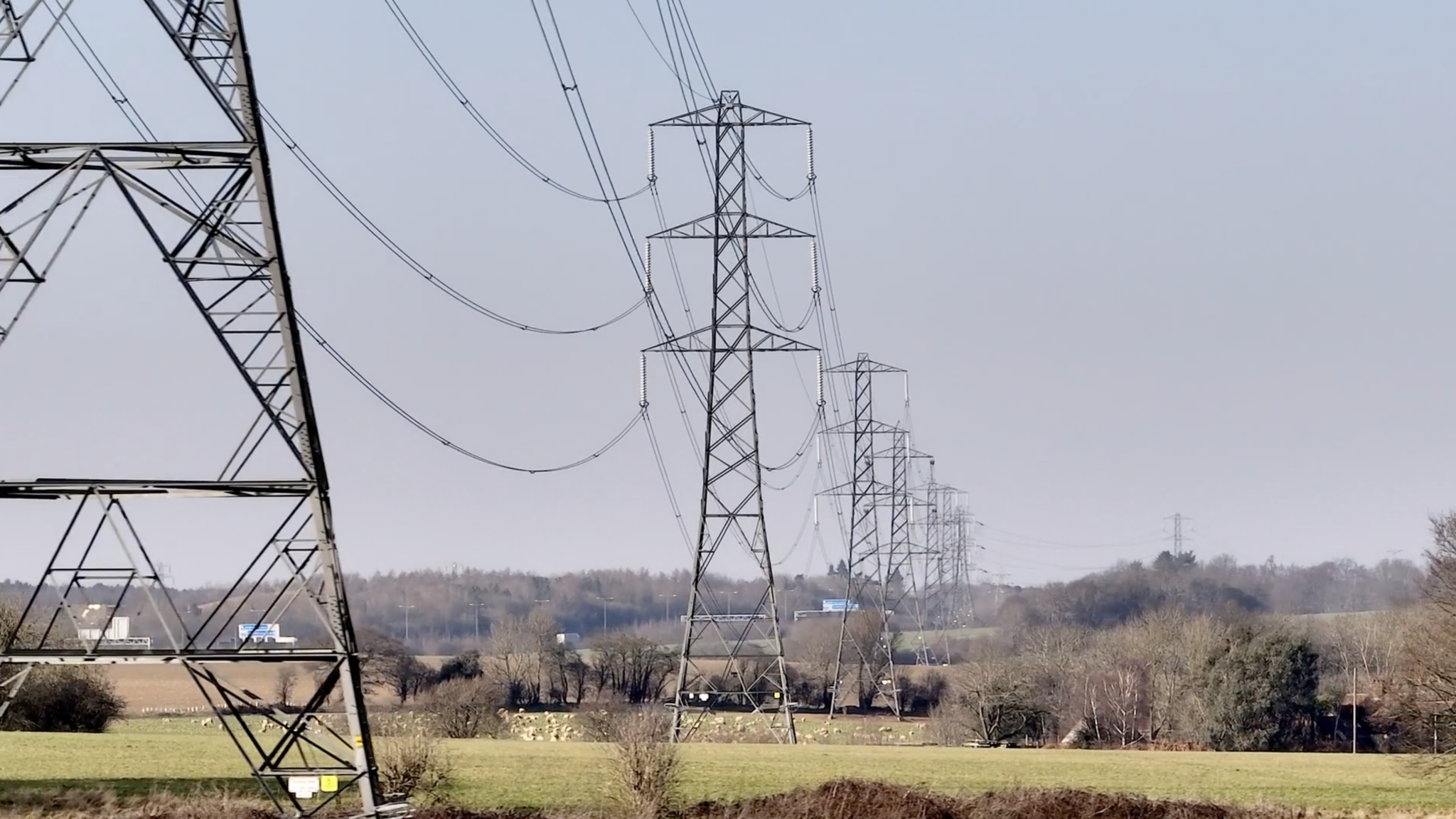
Ford is suspending production of the F-150 Lightning electric pickup truck at its plant in Dearborn, Michigan, from mid-November until early 2025 as EV sales continue to lag behind expectations. Since the electric pickup’s launch a couple of years ago, when Ford fielded more demand than it was able to meet, momentum has slowed, and the automaker has this year halved production of the Lightning and reduced its hourly workforce at the Dearborn plant by two-thirds. This latest blow to Ford’s EV ambitions also follows its cancellation of plans for an all-electric SUV in August after determining that it wouldn’t be profitable in the current market.
Also in Michigan, EVs have become a major driver of a new mining rush on the Upper Peninsula, where prospectors are on the hunt for the copper and nickel that are used to make EV batteries and other energy technologies. Once the source of most of the copper used in the United States, Michigan had left its legacy of mining largely in the past before interest in ramping up domestic production gave rise to the latest wave of mining projects. And while some residents have welcomed mining’s resurgence, others are wary of the environmental impacts that could accompany it.
Steelmaking, another industry with a long history in the Great Lakes region, is harming the health of nearby communities when that steel is manufactured using coal, a recent report found. The report estimated that pollution from the country’s 17 coal-based steel plants — five in Ohio, four in Indiana, three in Pennsylvania, two in Michigan and one each in Illinois and Virginia — causes between 460 and 892 early deaths, over 250,000 cases of asthma symptoms and $6.9 billion to $13.2 billion in health costs every year.
Coal is hanging on in the Ohio power sector, too. A new private equity group is in the process of buying the 2,600-megawatt Gavin plant, which sits along the Ohio River at the southern edge of the state, from the private equity group that currently owns it. The 50-year-old generation facility is responsible for the deadliest soot pollution of any coal plant in the country, according to a Sierra Club analysis, and watchdog groups are worried about continued health threats and liability for coal ash cleanup at the plant.
But a retiring Wisconsin coal plant is one step closer to housing a novel long-duration battery technology that uses compressed carbon dioxide to store energy. Electric utility Alliant Energy has signed a deal with battery manufacturer Energy Dome for a system that would be installed near the Columbia Energy Center, north of Madison. The project is set to be the first utility-scale deployment of Energy Dome’s 10-hour battery in the United States.
More energy news, in case you missed it:
- Michigan has become the latest state in the Great Lakes region to launch a pilot of its Home Energy Rebates program, following earlier rollouts in New York and Wisconsin.
- A Western Wisconsin electric cooperative is eyeing a return to nuclear power in as few as five or six years from now.
- Of the more than two dozen retired U.S. nuclear reactors, plants in Michigan, Pennsylvania and Iowa are the leading candidates for recommissioning, experts say.
- Ohio regulators approved an industry request to open about 62 acres of another wildlife area for oil and gas drilling.
- Disadvantaged communities in the Midwest are gaining less new clean energy manufacturing compared with other regions, an Inside Climate News analysis found.
Catch more news at Great Lakes Now:
Energy News Roundup: Retirement is in sight for another huge coal plant
Energy News Roundup: Kwik Trip goes electric as federal funds flow in
Featured image: Rows of high voltage lattice power line towers. (Photo Credit: GLN)




